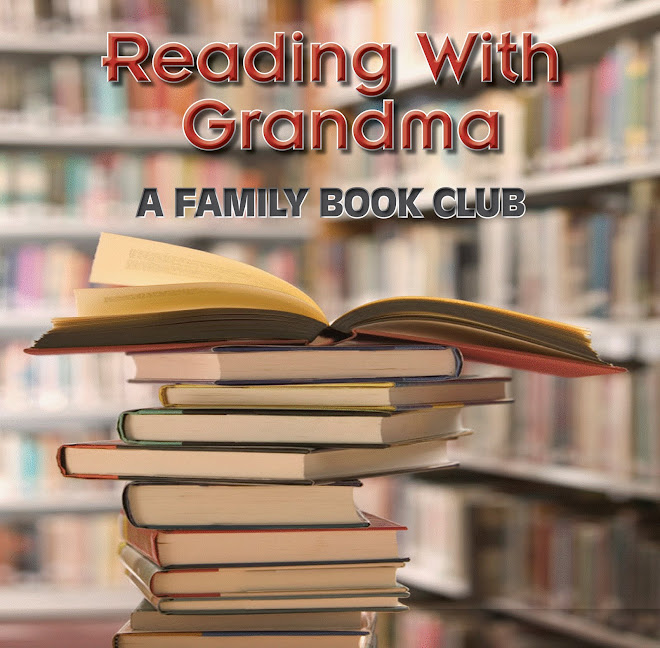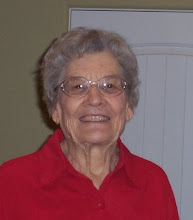Thanks Tori and Rachel for sharing some of your insights and favorite quotes from To Kill a Mockingbird. Any of you who have decided to read with us this month should be well into the book by now and have highlighted some of your own favorite quotes. Please share!
I'm sure that when I read this book the first time, back in high school, I didn't get much out of it beyond the story line. This time I want to go a little deeper. I went on line and found some discussion points that should help me get more out of it this time around. I thought they might be of help to you too as you read. And then as you receive any significant insights we hope you'll share.
DISCUSSION POINTS:
• How does Jem and Scout’s views of Boo Radley change during the book? Why does Jem cry when the hole in the tree is filled with cement?
• Atticus tells the children several times that they need to walk in someone else’s shoes before judging the person. Describe times when Atticus, Scout or Jem walk in someone else’s shoes. How does this change how they view the situations? What role does this advice play in sympathy and compassion?
• What do you think of Aunt Alexandra? Did your opinion of her change during the book? Can you understand why she was concerned with Atticus’ parenting?
• How do you think Atticus managed his role as a single parent?
• Why does Calpurnia speak differently around other black people? Why does Mr. Raymond pretend he is drunk to help people cope with his mixed marriage?
• How does the trial and everything surrounding it change the town? Change Jem and Scout? Did it change you?
• At one point Jem describes four kinds of “folks” in Maycomb County:”our kind of folks don’t like the Cunninghams, the Cunninghams don’t like the Ewells, and the Ewells hate and despise the colored folks.” What does To Kill a Mockingbird teach us about how people cope with issues of race and class? Do you classify people in your world as different “folks?” Do you see those sort of distinctions today?
• Who is your favorite character and why?
• At the end of the book, Scout says that telling people Boo Radley committed the murder would have been “sort of like shootin’ a mockingbird.” What does that mean? Do you agree that Boo is like a mockingbird?
• In the last few lines of To Kill a Mockingbird Scout says, “he was real nice...” and Attiucus replies, “most people are, Scout, when you finally see them.” Do you agree that most people in the novel are nice once you see them? How is Atticus able to see the good side of people despite all he has experienced? Can you?
Love,
Aunt Louise










